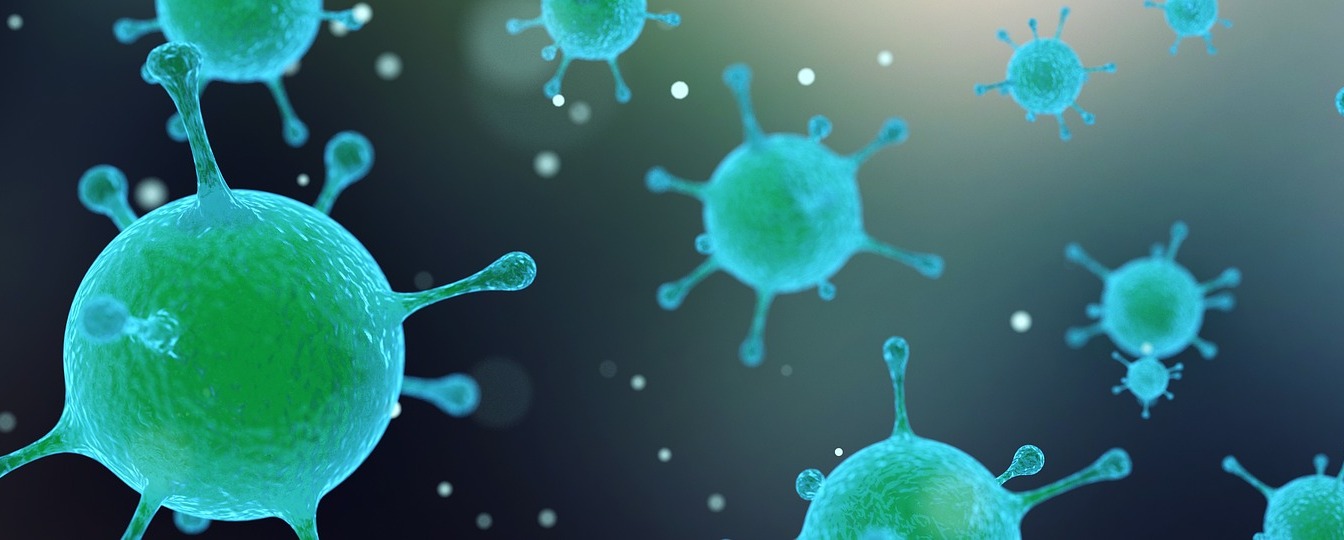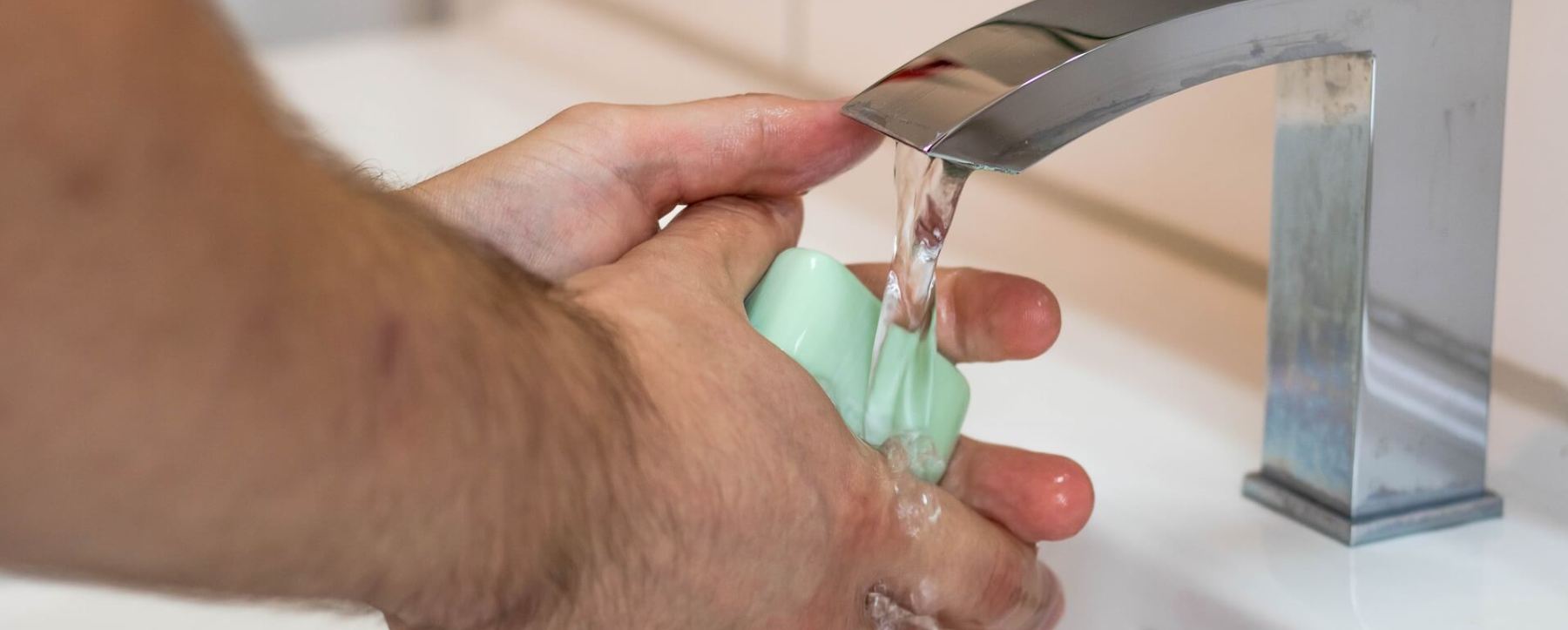Vaccine – what it is and how it works
The vaccine is a biological preparation that contains killed or attenuated microorganisms, or fragments thereof. Following administration of the vaccine, an immune (defense) response appears, which protects us against the disease caused by pathogenic microorganisms.
Vaccination and the vaccine term were introduced by Edward Jenner, an English physician who, in 1796, made the first immunization against smallpox.
Nowadays, vaccination saves over three million lives worldwide, according to estimates by the World Health Organization (WHO). When vaccination coverage is high, the number of people contracting the disease is greatly reduced. In the absence of vaccination or when vaccine coverage falls below 90%, disease recurrence and epidemic manifestations are likely.
One of the most important results of vaccination was smallpox eradication. The last case of smallpox was recorded in Somalia in 1977, according to the WHO, which led to the end of smallpox vaccination. And for other diseases, WHO is targeted for eradication (polio, measles), and if this is achieved in the case of these diseases, vaccination will cease.
One of the most important results of vaccination was smallpox eradication. The last case of smallpox was recorded in Somalia in 1977, according to the WHO, which led to the end of smallpox vaccination. And for other diseases, WHO is targeted for eradication (polio, measles), and if this is achieved in the case of these diseases, vaccination will cease.
Vaccines are safer and more effective than the vast majority of drug products, their production being extremely painstakingly controlled.
Although rare, contraindications to vaccination should be followed, as indicated by the physician.
Article source: Ministry or Health – www.desprevaccin.ro
address:
Sos. Pacurari no. 70,
700515 IAsI, jud. IAsI, Romania
make an appointment:
0232 233 387
Appointments for daytime hospitalization:
0371 353 366
Email: info@consultmed.ro




